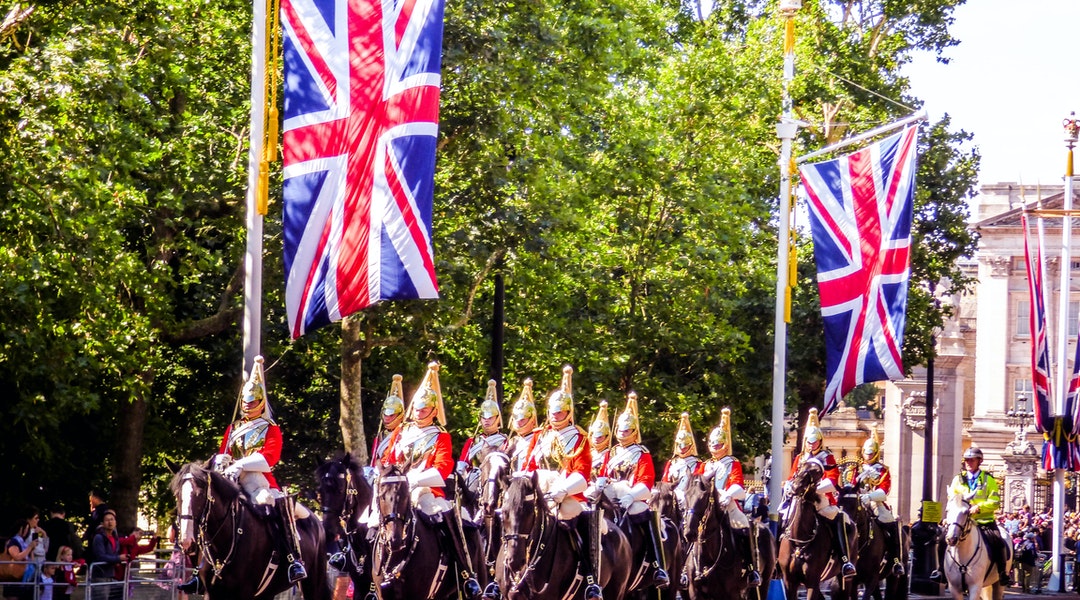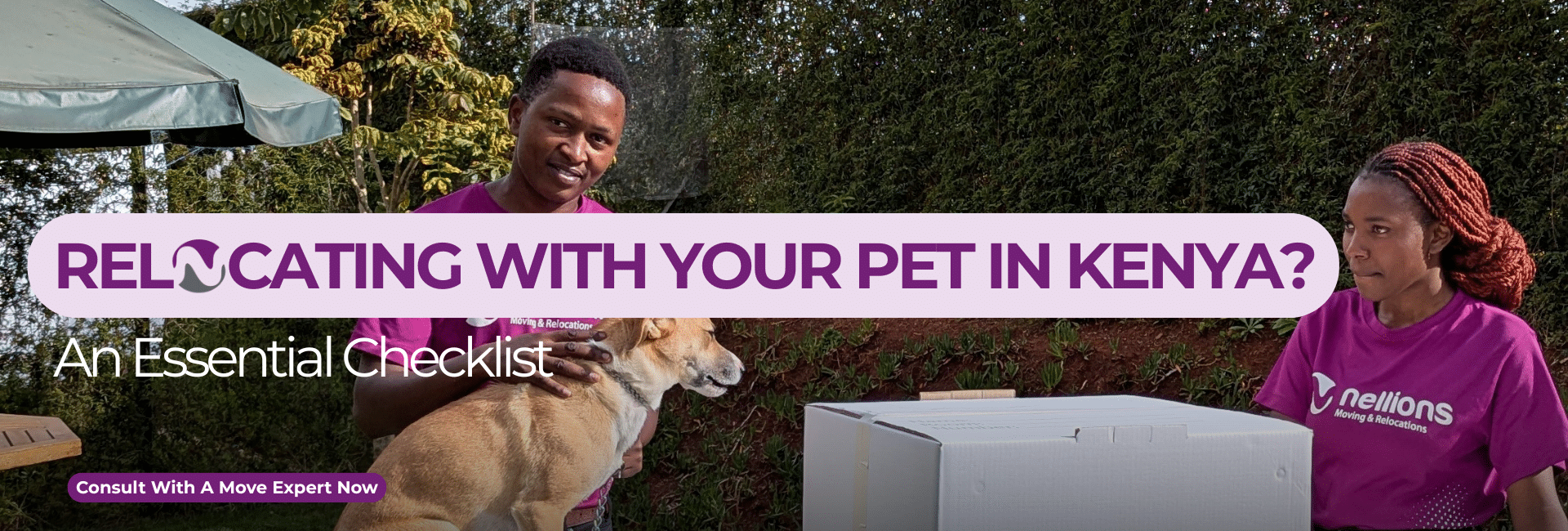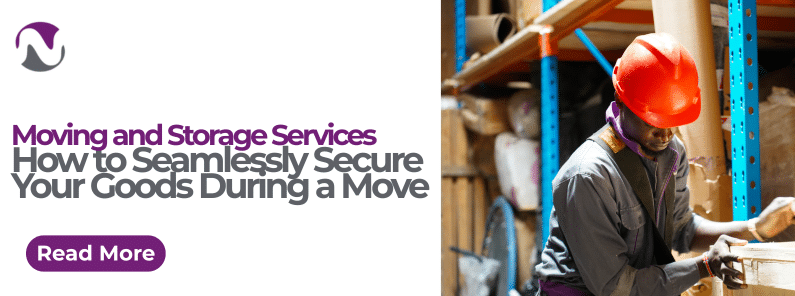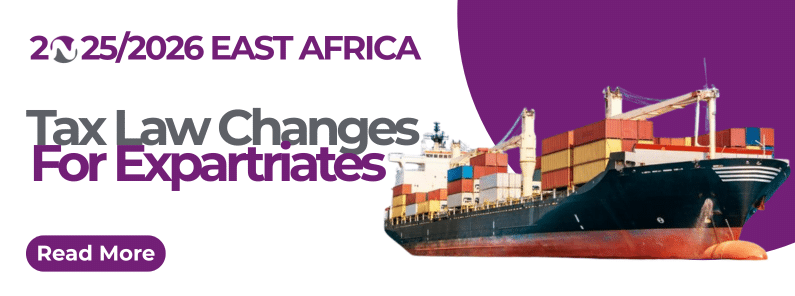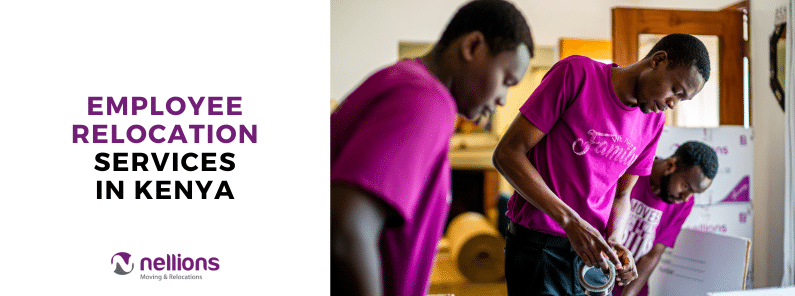Kenya and the United Kingdom (UK )have a long history dating back to the early 1900s when the Britons first colonized Kenya.
As a matter of fact, did you know that Queen Elizabeth became the Queen of England while on a visit to Kenya in 1952?
Due to these deep historical ties that Kenya and the UK share, the two countries exchange a lot culturally, economically, and politically.
Since Kenya gained its independence from the UK in 1963, the two countries have managed to maintain cordial relations. This is evident by the huge number of UK expatriates, tourists, and students in Kenya and vice versa(Kenyans in the UK).
Moreover, there are still many 4th and 5th generation British nationals doing business in Kenya in sectors like hospitality, agriculture, finance, tourism, etc. Not to mention that Kenya hosts some major UK organizations and companies that have large operations. It’s no wonder that the Kenyan chapter of the British Chamber of Commerce is quite active.
On the other hand, there are over 200,000 Kenyans who currently live in the UK – some for studies and others for work. So, if you think about it, the number of people who have plans of relocating from Kenya to the UK either permanently or semi-permanently is quite high.
Visiting the UK is one thing (remember Kenyans always need a visa), but moving with your household goods is a different matter altogether.
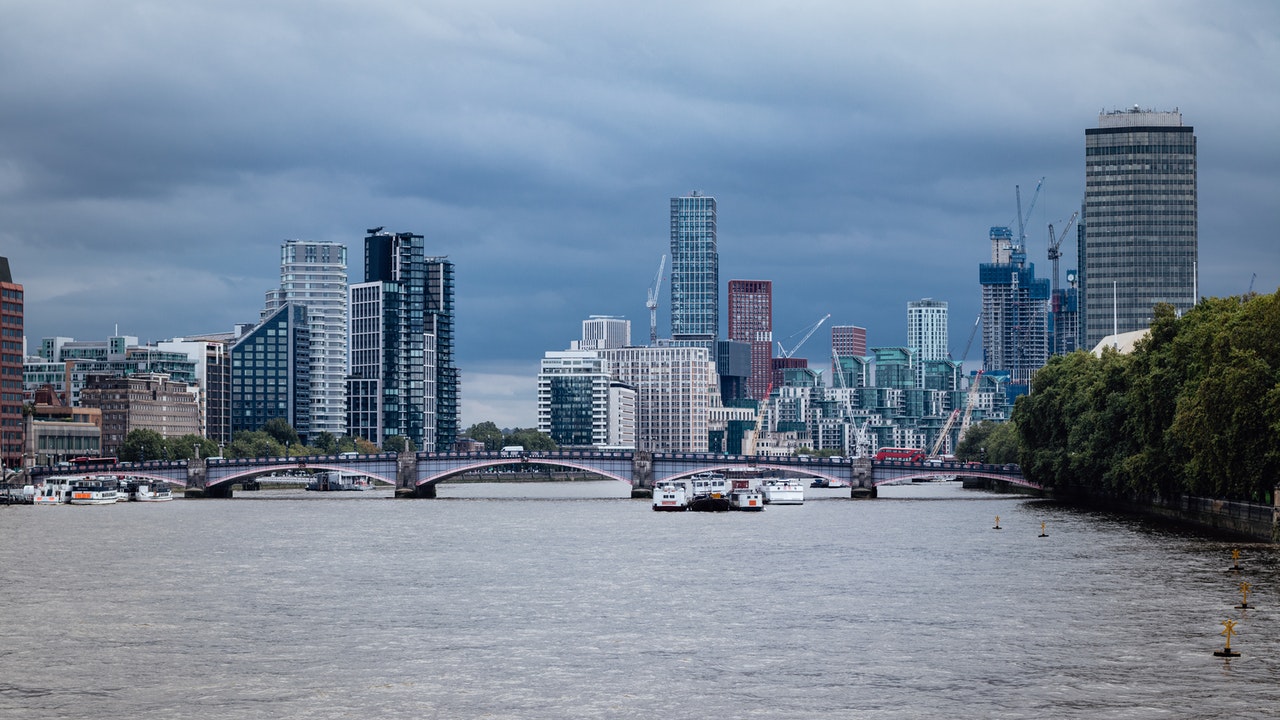
The UK consists of England, Wales, Scotland, and Northern Ireland. The UK is also home to some of the world’s most influential ports. The most commonly used airport is London Heathrow (LHR).
The top 5 major seaports of the UK are:
- Port of Felixstowe
- Port of Southampton
- Port of London
- Port of Immingham
- Port of Liverpool
Here are 10 things you need to know about the immigration process from Kenya to the UK:
1. Non-residents need to obtain a work/resident visa in advance
Foreigners relocating to the UK either need a work or residence visa before arriving in the UK. These types of visas allow you to live and work legally in the UK.
UK visa applications & processes have different requirements, lengths, and costs, depending on how long you plan on staying, what your job will be during this time, and your country of origin so make sure to do your research.
The United Kingdom is no longer a member of the European Union and therefore all Europeans are treated like foreigners.
2. Household goods are allowed duty-free
Household goods are allowed duty-free subject to meeting certain requirements which include proof of residence in the UK and proof that one has actually been living abroad for at least one year.
Normally, you will be required to pay a fee to have your household items shipped to your new UK residence. This means that if you can prove that you have owned the household items you intend to ship into the UK from Kenya for more than six months, you can import them duty-free!
Some examples of household goods that are allowed duty-free include:
- household effects, personal effects, household linen, furnishings, and any equipment intended for your personal use or use within your household
- household provisions necessary for normal family requirements, household pets, and saddle animals
- portable instruments of the applied or liberal arts required by you for your trade or profession
3. Apply and obtain tax waivers beforehand
You need to apply for a tax waiver when moving from Kenya to the UK. In this case, you should then apply and obtain a tax waiver on these goods before shipping them from Kenya. It is commonly referred to as ToR – Transfer of Residence.
Applying for a tax waiver on your household items is done by making an online application on the HMRC website.
To get a tax waiver you need to prove you are changing residence from Kenya to the UK, provide proof that you have been renting or owning a house in Kenya, give your residence address in the UK with a tenancy agreement, give a list of the items you will be shipping, give a copy of your passport and give a copy of your visa if a foreigner.
4. A 12% tax is payable in case a tax waiver is not granted
If, for example, a returning UK citizen has not lived outside the UK for more than one year, a 12% tax is applied on the used household goods. The amount you pay is normally determined by the customs officers.
Some items like alcohol and tobacco products are always taxable. It is advisable to avoid shipping them if you can help it.
5. Never ship out before getting the ToR Approval
Just because you applied for a tax waiver on your household items when relocating from Kenya to the UK doesn’t mean that you should dispatch them.
Your tax waiver may be declined and this can lead to unexpected costs on demurrage and detention. To avoid all these, it’s always advisable to wait until you obtain your tax waiver before dispatching your items to the UK.
6. Goods can be shipped by either air or by sea
The quickest way to ship your items from Kenya to the UK is by air but it also means that it’s much more expensive than via sea.
An efficient door-to-door relocation from Kenya to the UK via air will take approximately 2 weeks, while immigration to the UK from Kenya via sea can take up to 45 days.
7. Your Moving company will do the customs clearance
When shipping your household items from Kenya to the UK, you don’t have to appear physically during customs clearance.
With your tax waiver (commonly referred to as ToR – Transfer of Residence ) approval a customs broker agent or brokers will do the port clearing for you at any UK port. It is however advisable that such an agent be a moving company because you need your items handled with care.
8. You can have someone receive your consignment on your behalf
You don’t have to be in the UK when the items eventually arrive.
You can have someone receive your items on your behalf and coordinate moving them to your new residence.
9. Beware of city restrictions
Before moving into any new city, especially internationally, you must take into consideration that the city has restrictions that might otherwise not be a big deal in your previous city of residence.
For example, in the UK, major cities like London have restrictions on the size of trucks you can use to move your household items. In such a case, shuttle services are sometimes required which increases your moving costs.
10. You can move with your car to the UK
Relocating with your used vehicle from Kenya to the UK is possible but the vehicle must meet the set UK requirements. Just like with household goods a tax waiver must be sought ahead of dispatch by making an application to the HMRC and completing a special form called ToR1 on the HMRC website.
If your car was originally supplied in the UK under a tax-free scheme, you will be allowed to re-import it into the UK free of duty and tax.
However, if your car doesn’t qualify to be imported duty and tax-free, a tax will be charged on the vehicle, normally payable on the value of the vehicle. Some vehicles are completely prohibited.




